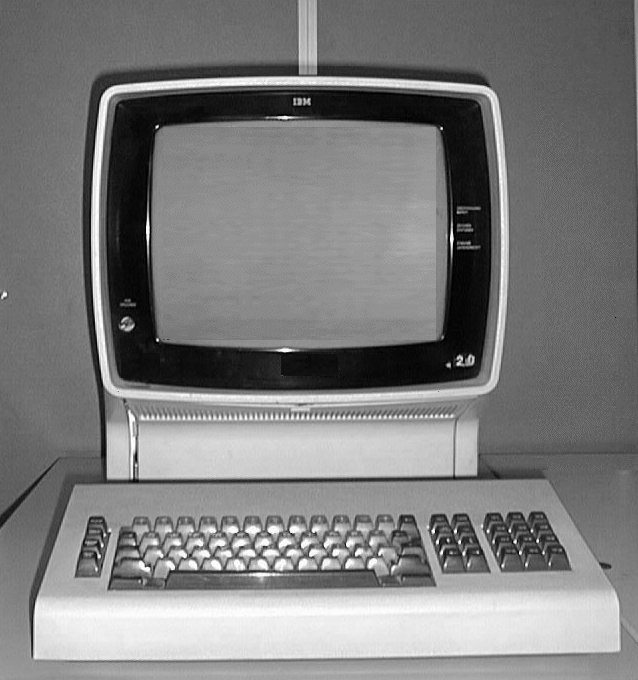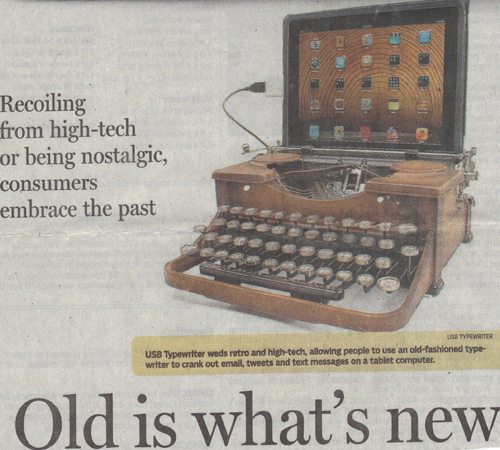Are We There Yet? We will see at #Print13
One of the buzzwords or phrases that has made the rounds the last several years is “multi-channel marketing”. I have watched dozens of presentations on the subject, spoken about it and have debated it’s attributes.
What is Multi-Channel Marketing?
According to our friends at Wikipedia – Multichannel marketing is marketing using many different marketing channels to reach a customer.[1] In this sense, a channel might be a retail store, a web site, a mail order catalogue, or direct personal communications by letter, email or text message. The objective of the companies doing the marketing is to make it easy for a consumer to buy from them in whatever way is most appropriate.
Does Multi-Channel Marketing Equate To Effective Marketing?
My favorite definition of relevant communications is “the right message, to the right person at the right time …. using the right media. Is multi-channel communications the same thing as effective marketing? Sometimes, maybe but not always.
When I was looking at what type of programming Xplor was going to do at Print13 I decided it was time to address the issue. I wanted to have a forum where several companies who had implemented multi-channel communications speak openly about their successes and failures. I wanted someone to ask the tough questions, who knows the industry.
Are We There Yet: A 2013 Multi-Channel Communications Industry Perspective
 Print 13 is the perfect backdrop for Xplor’s breakfast keynote session moderated by industry expert Matt Swain of InfoTrends. Matt’s panel of leading print service providers will talk about their challenges, the things they would do different and the things that worked.
Print 13 is the perfect backdrop for Xplor’s breakfast keynote session moderated by industry expert Matt Swain of InfoTrends. Matt’s panel of leading print service providers will talk about their challenges, the things they would do different and the things that worked.
It is a don’t miss 90 minutes at Print13.
The breakfast panel is taking place September 10th from 8:30 am to 10:00 am. The cost, complimentary thanks to our sponsors Compart, Crawford Technologies and Solimar Systems.
Join us for breakfast, a great educational session and also receive a complimentary exhibit hall pass simply by registering to attend.
The session is going to be conveniently located at McCormick Place South in Room 101 a few short steps from the shuttle bus drop off area.
See you in Chicago …. Are We There Yet?



 A couple weeks ago I read an article in our local newspaper, the Tampa Tribune that I thought would be fun to write about. The article talked about how consumers are “embracing the past” looking for old telephones, Airstream travel trailers and typewriters.
A couple weeks ago I read an article in our local newspaper, the Tampa Tribune that I thought would be fun to write about. The article talked about how consumers are “embracing the past” looking for old telephones, Airstream travel trailers and typewriters.